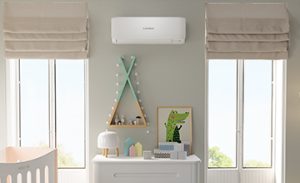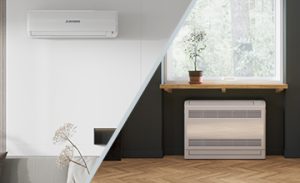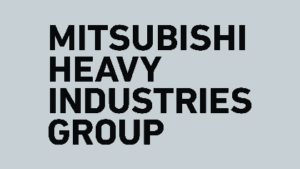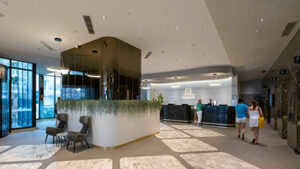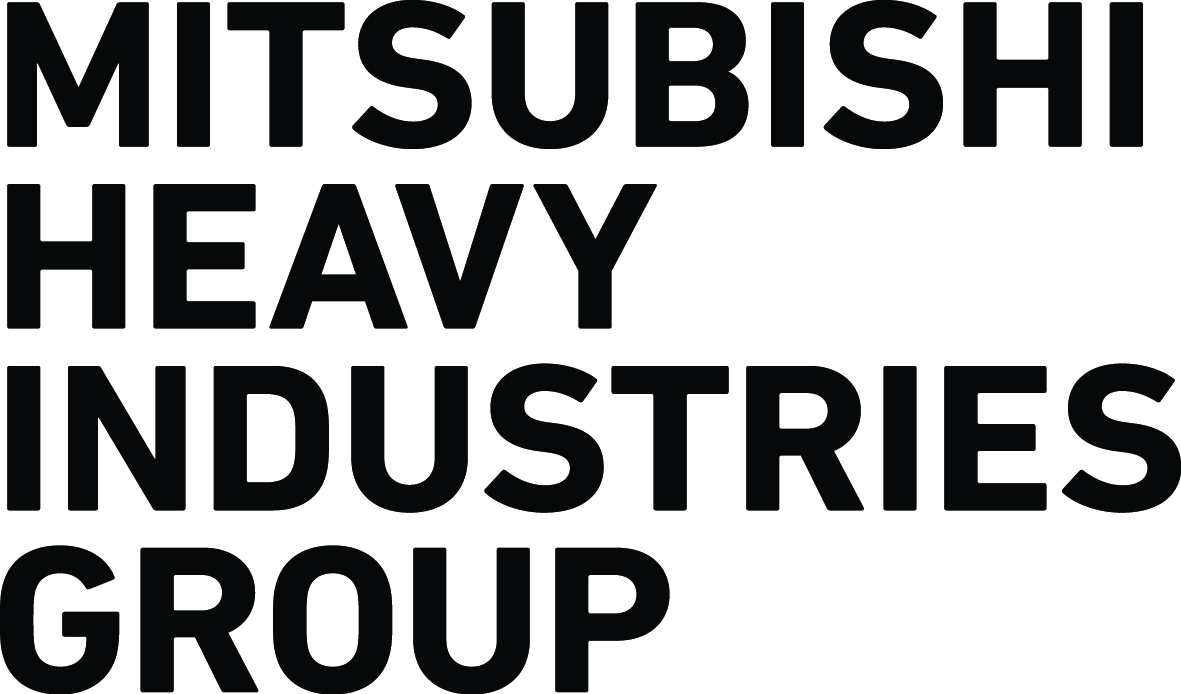How Air Conditioners Can Help Improve Indoor Air Quality

As we’ve covered in other articles, the quality of air we breathe has a large impact on our overall health and while there are a number of steps you can take to improve the indoor air quality in your home, did you know that air conditioners can assist? With everyone spending more time indoors, it’s now more important than ever to ensure you’ve got the best indoor air quality possible.
We take a closer look at Mitsubishi Heavy Industries ‘Clean Air Technology’, which is included in all Mitsubishi Heavy Industries split systems and can help improve your indoor air quality and help keep you and your family healthy.
Clean Air Technology
What is Clean Air Technology? Mitsubishi Heavy Industries’ Clean Air Technology is a combination of several different, yet specialised components, systems and functions within Mitsubishi Heavy Industries split systems that are designed to work in synchronisation to improve indoor air quality. We take a closer look at these individual components, their functions and their benefits below.
Allergen Clear FilterTM
As air is drawn into the top of the split system, various airborne allergens are bound to come with it. The Allergen Clear FilterTM in MHI split systems is designed to capture these airborne particles which include pollen and dust1. The filter contains a specially formulated Enzyme-urea compound which breaks down the structure of captured allergens and deactivates any bacteria2 structure of mould and viruses3 .
Photocatalytic washable deodorising Filter
The Photocatalytic Washable Deodorising Filter is the next line of defence. This filter captures additional airborne particles, such as fine smoke particles, before neutralising odour causing molecules they may be carrying. This filter is easy to wash and helps ensure your home stays smelling nice and fresh!
Allergen Clear Operation
This multi-stage operation involves the unit cycling between heating and cooling modes to generate internal moisture which in turn activates enzymes within the specialised Allergen Clear FilterTM. These advanced enzymes then break down allergens and deactivate bacteria2 mould and viruses3 that have been captured by the Allergen Clear FilterTM. The Allergen Clear Operation can be activated by pressing the ‘Allergen’ button on the remote control and runs for 90mins before stopping automatically. We recommend running this once every few weeks.
Self-Clean Operation
Self-Cleaning Mode is a separate function which works best after using the Allergen Clear operation. The Self Cleaning operation is designed to dry the internal components, including fan and filters. This helps eliminate mould and helps deliver clean and odour free air. This is meant to be run after the Allergen Clear Operation and it’s recommended that this operation is used every few weeks.
Anti-Microbial Fan
The fan is an important part of any air conditioner. It works to effectively and evenly distribute this throughout the room but due to its interaction with the air and its large surface area, can also be a hot spot for odour causing mould. To prevent the growth of mould and other microbes the fan within Mitsubishi Heavy Industries split systems has undergone specialised anti-microbial treatment. This inhibits the growth of odour causing mould which can occur when an air conditioning system is not used regularly and works to ensure your room stays nice and fresh!
If you’d like to speak to a dealer about replacing or upgrading your air conditioner simply visit our request a quote page, leave some details in the form below and we’ll get an authorised installer to get in touch!
1Test method: ELISA colorimetric method Laboratory: Independent administrative agency national hospital mechanism Sagamihara Hospital, No.1536
2 Test method: ELISA colorimetric method / ELISA fluorescent method Laboratory: Independent administrative agency national hospital mechanism Sagamihara Hospital, No.1536
3 Test method: TCID (Infection value 50%) Laboratory: Foundation of Kitazato Environmental Science Center, No.15-0145
You might also be interested In



